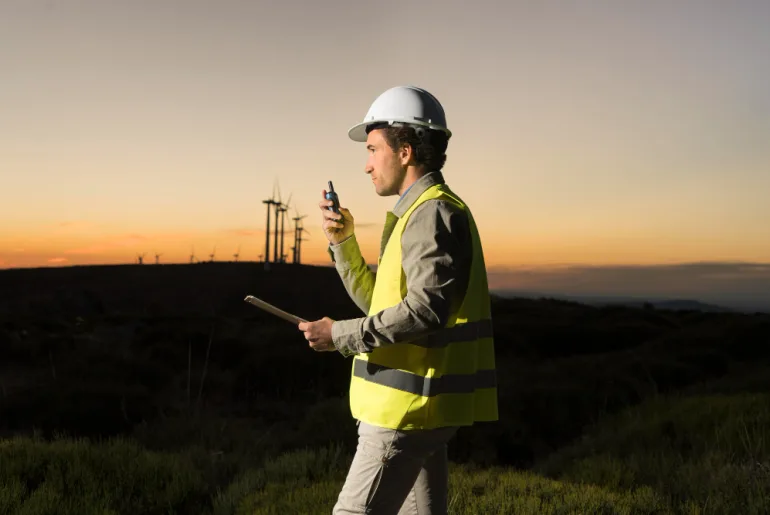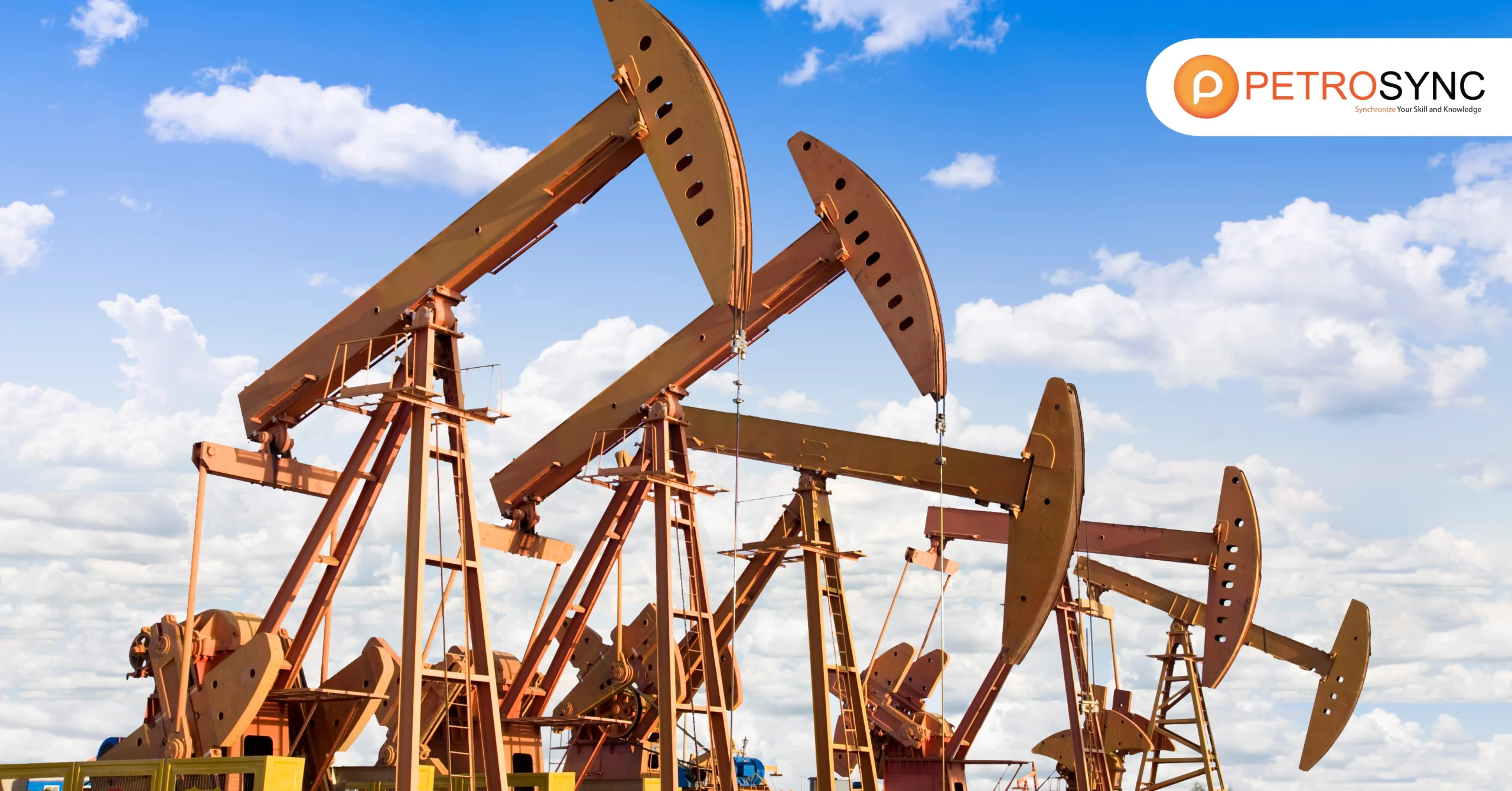Highly skilled and knowledgeable petroleum geologist uses his expertise to analyze geological data and identify potential reservoirs. In this article, we will delve into the discussion of petroleum geologists, exploring their responsibilities, qualifications, and career prospects in the petroleum industry.
What Does a Petroleum Geologist Do?
Petroleum geologists are earth scientists studying petroleum geology, focusing on all oil discovery and production aspects. Their role involves analyzing rock formations, mineral samples, and various onshore and offshore locations to identify the precise locations of oil and gas deposits.
Petroleum geologists have various tasks, such as conducting geological surveys, analyzing seismic data, creating rock formations maps, and assessing reservoirs’ potential productivity. They collaborate closely with other industry experts, including geophysicists, reservoir engineers, drilling engineers, and production engineers, to make well-informed choices about drilling sites, reservoir management, reservoir characterization and production strategies.
By leveraging their expertise, petroleum geologists help minimize risks, optimize resource extraction, and contribute to the overall success of oil and gas projects.
How Is The Work Environment of Petroleum Geologists?
The work environment for petroleum geologists can vary depending on their roles and tasks. In the office, they analyze geological data, interpret seismic information, and prepare reports using software and computer systems. They are also responsible for attending meetings and communicating with stakeholders.
Petroleum geologists also have their time in fieldwork to visit exploration sites, drilling locations, and oil rigs to collect samples, conduct surveys, and monitor operations. This work can be physically demanding and may occur in remote or challenging onshore and offshore environments.
Petroleum geologists often work full-time, and their schedule may include regular office hours and occasional travel. Health and safety protocols are vital to managing potential risks associated with field operations.
Are Petroleum Geologists in Demand?
According to the Bureau of Labor Statistics, job opportunities for petroleum engineers are projected to increase by 8.3% from 2021 to 2031. This means that around 1,900 positions are expected to open up in the United States during this period, making this a promising chance for other parts of the world.
The petroleum geologist is in high demand in the industry due to the ongoing need for oil and gas exploration and production. Their expertise in identifying potential reserves, assessing their viability, and determining efficient extraction methods is crucial.
As the industry continues to evolve and search for new reserves, the demand for skilled petroleum geologists remains strong. Their knowledge and skills contribute significantly to the success of exploration and production projects, making them valuable assets in the oil and gas sector.
How Much Petroleum Geologists Can Earn?
As stated by payscale, an entry-level petroleum geologist with less than 1 year of experience can earn an average total compensation of $84,750, including tips, bonuses, and overtime pay. Those in the early stages, with 1-4 years of experience, earn an average total compensation of $100,154.
The salary range for petroleum geologists can significantly vary based on factors such as education, certifications, additional skills, and years of experience in the field.
How to Become Petroleum Geologist?
To begin a career as a petroleum geologist, a minimum requirement is a bachelor’s degree in geoscience for entry-level roles. The other majors like physics, chemistry, biology, mathematics, engineering, or computer science are generally acceptable as long as they include relevant coursework in geology.
After obtaining the relevant degree, you can follow the recommended steps outlined below to pursue a career as a petroleum geologist.
1. Gain Practical Experience
Seek opportunities for internships, fieldwork, or research projects to acquire hands-on experience in geological mapping, data collection, and analysis. On the other hand, you can try entry-level positions such as a geological technician or field geologist to gain valuable experience in petroleum geology.
2. Consider Pursuing a Master’s Degree or Certifications
Although not always mandatory, obtaining a Master’s degree in petroleum geology or a relevant discipline can enhance your knowledge and competitiveness in the job market. You can opt for certifications like the Certified Petroleum Geologist (CPG) offered by professional associations to enhance your professional credibility.
In addition to advanced degrees and certifications, it is highly recommended that aspiring petroleum geologists consider taking specialized oil and gas training courses. PetroSync provides valuable industry-specific knowledge and practical skills that complement the academic qualifications while preparing you for the certification.
3. Develop Technical Skills and Soft Skills
Acquire proficiency using geological software, data analysis tools, and geophysical techniques commonly used in the industry. Hone the soft skills necessary for petroleum geologists, such as effective communication, critical thinking, problem-solving, and attention to detail to boost your ability to analyze complex geological data and make informed decisions in petroleum geology.
4. Network and Build Connections
Engage with professionals in the field, join industry associations, and attend networking events to expand your professional network and gain insights into job opportunities.
It’s important to note that specific requirements and pathways may vary based on your location and employers’ preferences. Continuous learning, adaptability, and a genuine passion for geology are essential for a successful career as a petroleum geologist.
What Are The Professional Associations of Petroleum Geologists?
1. American Association of Petroleum Geologists (AAPG)
AAPG is a globally recognized organization that promotes the advancement of petroleum geology and provides networking, education, and career development opportunities for its members.
2. Society of Petroleum Engineers (SPE)
SPE, as often mentioned, is an international society that focuses on the technical aspects of the oil and gas industry, including petroleum geology. It offers resources, conferences, and forums for knowledge sharing and professional growth.
3. European Association of Geoscientists and Engineers (EAGE)
EAGE is a multidisciplinary association that includes petroleum geologists among its members. EAGE provides a platform for collaboration, knowledge exchange, and training through conferences, publications, and educational programs.
4. Asia Petroleum Geoscience Conference & Exhibition (APGCE)
An annual conference organized by the Society of Petroleum Engineers (SPE) brings together geoscientists, engineers, and industry professionals to discuss the latest advancements and challenges in petroleum geology in the Asia Pacific region.
5. Association of Indonesian Petroleum Geologists (IAGI)
A professional organization based in Indonesia that focuses on promoting the study and understanding of petroleum geology. IAGI organizes conferences, seminars, and workshops and provides a platform for networking and collaboration among petroleum geologists in Indonesia.
These associations provide platforms for knowledge sharing, professional development, and networking among petroleum geologists with different scopes of the region. They offer opportunities to stay updated with industry trends, collaborate with peers, and enhance professional growth in the field of petroleum geology.
In addition to joining professional associations, it is highly recommended that petroleum geologists consider taking oil and gas training programs further to expand their network and connections within the industry.
PetroSync’s oil and gas training course brings together professionals from various sectors of the petroleum industry, providing a valuable opportunity to meet and connect with experts, colleagues, and potential collaborators. Our instructors are industry experts with years of experience in the petroleum, petrophysicist, and petrochemical industries. By participating in our training course, you can engage in discussions, share experiences, and build relationships with like-minded individuals passionate about petroleum geology.
Credit header image: freepik

SEO specialist by day, fact-checker by night. An avid reader and content writer dedicated to delivering accurate and engaging articles through research and credible sources.







